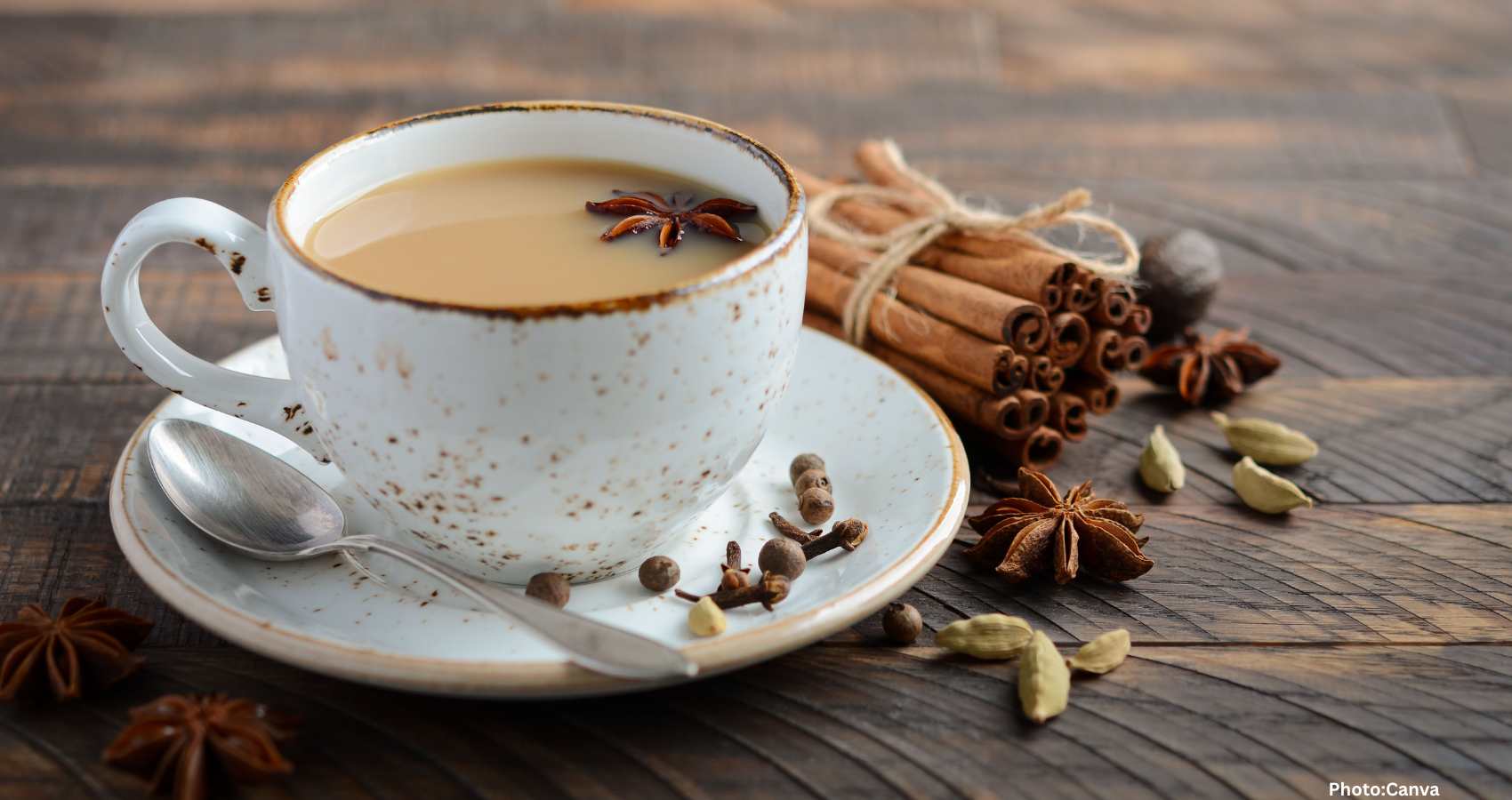The Indian tea landscape is shifting from traditional masala chai to curated teas, reflecting changing consumer preferences, health consciousness, and a focus on sustainability.
The Indian tea landscape is undergoing a significant transformation, driven by evolving consumer preferences, heightened health awareness, and a growing emphasis on sustainability. This shift is moving tea from a daily ritual to a more refined and conscious experience. Modern consumers are exploring teas not only for their flavors but also for their health benefits, mindfulness, and even luxury.
Uzma Irfan, founder of the Bengaluru-based Sublime House of Tea, notes, “There is a discernible trend toward a decline in demand for mass-produced teas, with many individuals seeking ethically sourced blends.” She emphasizes that this change highlights a commitment to wellness, sustainability, and traceability. “The concept of premiumization transcends exclusivity; it is fundamentally about enhancing quality, enriching experience, and fostering a deeper connection to the products we consume,” Irfan adds.
The shift from traditional chai to curated infusions is deeply rooted in a growing awareness of preventive health and the therapeutic potential of various herbs. Consumers are increasingly turning to time-tested botanicals like tulsi, ashwagandha, and mulethi, not only as supplements but as integral components of their wellness routines. Akshi Khandelwal, Founder and CEO of Butterfly Ayurveda & Cafe Swasthya, states, “The idea of a tea that heals—something that soothes the nervous system or boosts metabolism—is no longer niche.”
From a formulation perspective, there is a greater emphasis on efficacy and consistency. Wellness teas are being developed with a deeper understanding of both traditional wisdom and modern science, often produced in controlled and certified environments to ensure purity, potency, and safety, according to Khandelwal.
The Indian tea market is becoming more discerning and experience-driven. While chai remains a daily comfort, there is a clear shift toward premium, whole-leaf, and heritage teas that offer depth and distinction. Annapurna Batra, COO of Newby Teas, India, remarks, “Tea is no longer just a beverage; it is fast becoming a lifestyle choice anchored in culture, well-being, and quiet luxury.” Today’s tea drinkers are more informed and intentional, influenced by health consciousness, global exposure, and a revival of traditional wellness practices.
Newby Teas has noted an increasing interest from Indian consumers in classic and rare blends, such as Elegant Darjeeling and Silken Pyramids. Batra explains, “We have observed that our Indian customers are not only seeking purity and taste but also a connection to history and craftsmanship.” With a growing appreciation for the provenance of ingredients and the artistry of tea making, there is a movement toward blends that tell a story, whether it’s a rare estate harvest or a time-honored recipe. “The desire for authenticity is redefining luxury in the tea space,” she adds.
The COVID-19 pandemic served as a wake-up call, altering perceptions of health. It prompted individuals to become more proactive, focusing on building resilience rather than merely curing illness. Preventive health and holistic practices have become integral to daily life, with younger urban consumers increasingly drawn to rituals that balance mind and body, such as herbal teas, yoga, and mindful eating.
“Health is no longer about quick fixes but more about integrating simple, natural habits that support long-term well-being,” Khandelwal explains. This shift has created an opportunity for a return to traditional systems like Ayurveda, which offers a comprehensive view of health. There is a growing respect for its diagnostic methods and food-as-medicine approach, aligning with current global wellness trends.
Thoughtfully packaged teas have become popular gifts for celebrations, weddings, and corporate events. Consumers are increasingly drawn to brands that combine exceptional tea with timeless presentation. They seek tea that not only provides a caffeine boost but also nurtures both body and mind. Additionally, cold brews and ready-to-drink teas are gaining traction, particularly among younger demographics that prioritize convenience without sacrificing health or flavor.
“Another trend gaining momentum is the perception of tea as a lifestyle choice,” Irfan notes. “At Sublime, we wholeheartedly embrace these shifts in consumer behavior. Each of our blends is meticulously crafted to deliver a comprehensive sensory experience: visually appealing, aromatic, and healthy.”
Tea has undoubtedly evolved from its role as a morning beverage in India; it now represents an experience, a moment of reflection, and a conscious consumer choice.
Source: Original article

